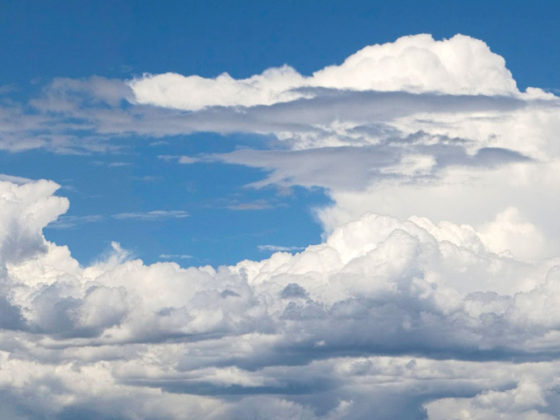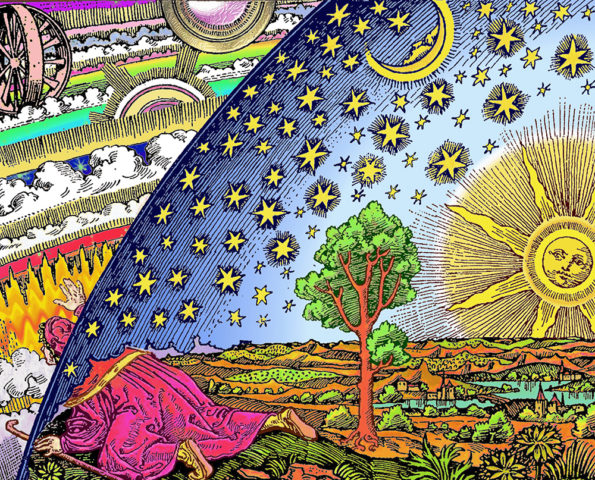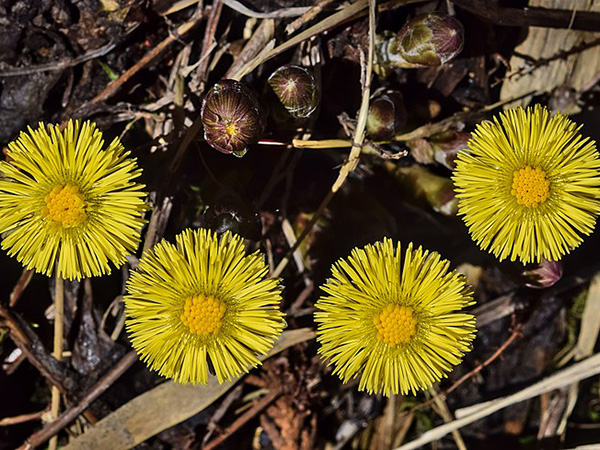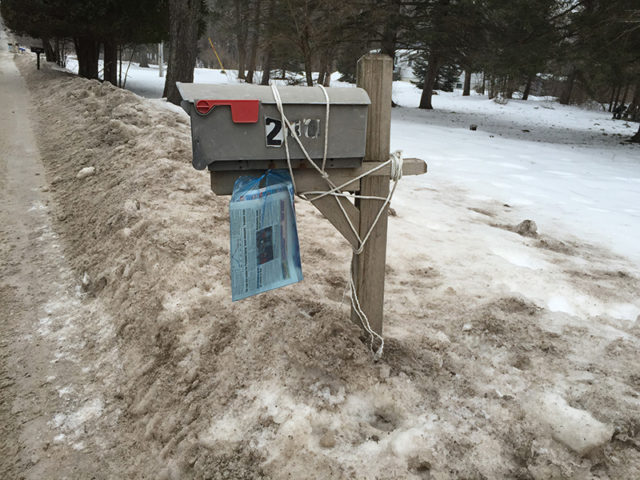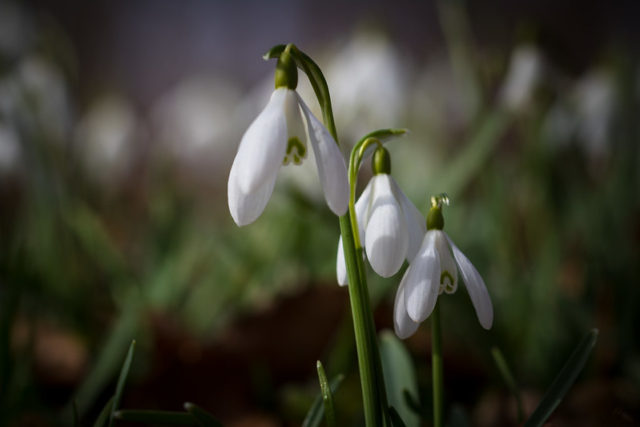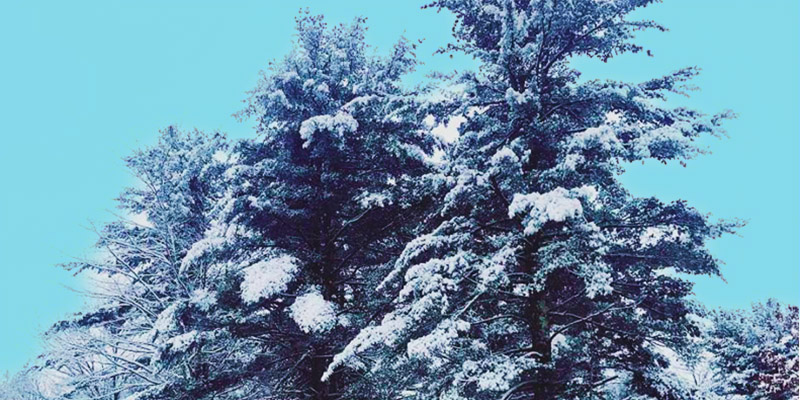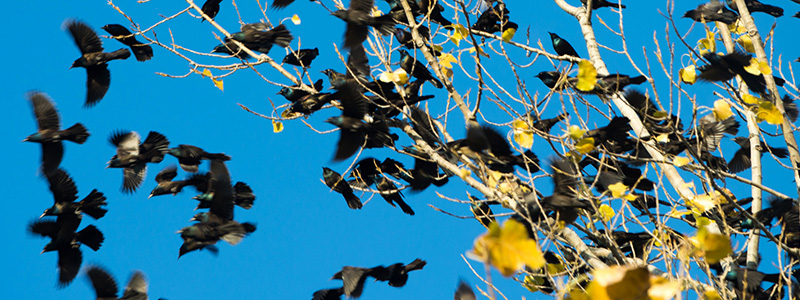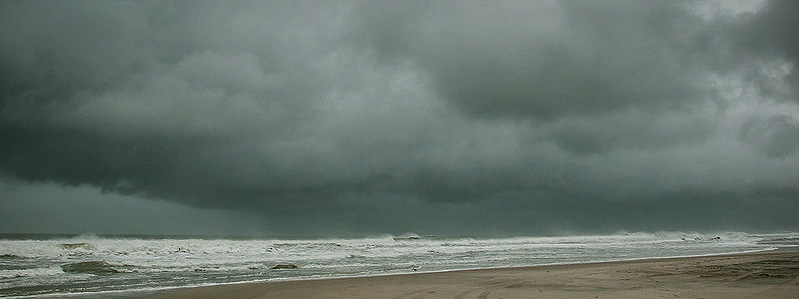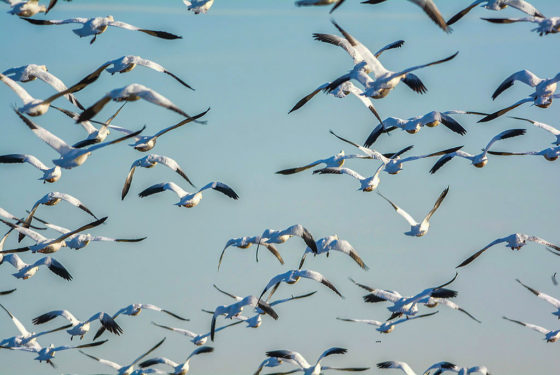
Somehow I never managed to share this poem from “Light Year” on Facebook or in this blog. I come back to it now because it is central to the themes of my work-in-progress, “The Other Village,” a volume of poetry focused on the village and town where I have lived since 1957. It is more personal than my more descriptive pictures of life in the village over the decades, taking a look inside my family life. There are a few other previously published poems that fit into “The Other Village” as well. I guess it will need to be titled “The Other Village: New and Selected Poems.”
Elders on Sunday
When the elders come forward to lay hands upon
their newest sister, the pews are left near empty.
The congregants, grey and white as seagulls, lean in
to hear the vows spoken, just as they have been
spoken these past two hundred and some years.
After service, coffee hour and cleaning up, we come
home to our empty nest in four acres of second-growth.
The archaeology of a working farm is broken up
by beech and pine, buried under sumac and vine,
the dug well plugged with stone and rusted roof tin.
We settle on couch and chair with silver laptops open,
me to edit an article, and you to post our little news
to the feeds of friends. “Coffee?” I take your nod
to the kitchen, fill the filter with local roast and lean
against the sink to wait for water to whistle.
Watching our neighbor wrestle his pick-up, upsized
for the life he used to lead, onto the road to town,
I re-litigate this choice to stay put, rooted at the edge
of rootless America. Here in this house a little too big
for us, outside this village a little too small for us.
In the ’70s, we were ready to go. You proposed,
“Cid and I could go Army on the buddy plan; you
and Allen could live on base,” or, I countered,
“We could move the whole shebang to Montana
while Allen does his MFA and I set up a little press.”
We once thought a commune might raise a batch
of kids all together, but then we bought this place
instead — and baby made three. The collective
scattered, the whole world moving off it seemed,
while we stayed put to settle this nest.
You worked OB-GYN and I ran press on campus;
you nursed on campus and I worked freelance,
changing jobs instead of place until the girl grew,
went off to sink her own roots into city streets.
Natural for her to go; just as natural for us to stay.
Each year the students come and go like geese,
pilgrims passing while we keep faith, keep house
from falling into the cellar hole, keep going to
high school musicals, gallery shows, meetings,
church suppers, the movie house, the co-op.
“I have no thought of leaving. I do not count
the time,” as Sandy Denny sang, except now
and then, while waiting for the whistle, waiting
for the brew to trickle through, before returning
to place this mug of coffee by your side.
Bonus track: Sandy Denny singing “Who Knows Where the Time Goes?”
Note: published in “Light Year” 2019 Liberty Street Books

